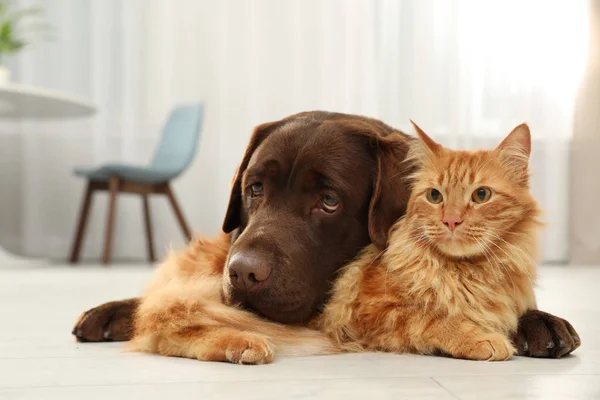
What is the key to finding a pet that fits like a glove? It is not all about cuteness; finding a match in personality, lifestyle, and needs of care is what will allow both human and animal to prosper. A good choice can bring years of joy and companionship, plus memories that cannot be forgotten, while a bad one can spell stress for all. From traditional cats and dogs to exotics and even pocket-size companions, more varieties are being kept as pets today than at any time in history.
While the options are endless, so are the considerations. Veterinarians and animal experts alike say responsible choice begins with understanding the needs, lifespan, and temperaments of each species. From expert views to real-life insights into owning eight of the best pets, this guide will cover it all, helping budding and current pet owners make a wise choice. It shows in detail why these animals are special, what kind of care they require, and who they are best suited for.

1. Dogs are Loyal, Social, and Active.
For good reason, dogs remain one of the most popular pets worldwide: affectionate, easily trainable, and able to fit into a wide array of lifestyles. They generally thrive on social interaction and require daily walks, play sessions, and mental stimulation. The energy level of the dog should also match that of the owner’s lifestyle, since the sizes of breeds are so varied. As observed by veterinarian Dr. Laurie Hess, although dogs could indeed teach children responsibility and empathy, they are a long-term commitment since they could well live more than 10 years. Before bringing the pet home, space, time for exercise, and financial costs of food, grooming, and veterinary care have to be considered. They are fit for active individuals and families seeking a companion with whom to share outdoor activities, not people who have very little time and space.
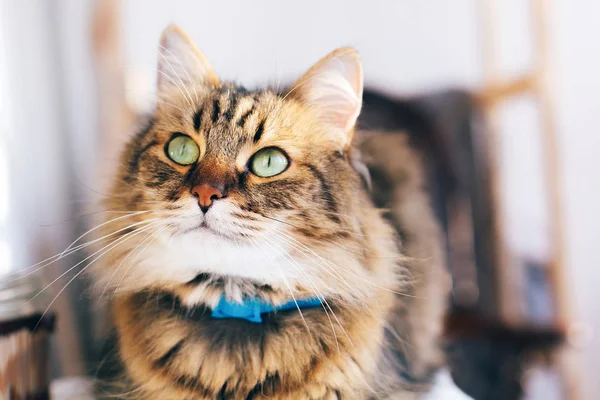
2. Cats are Independent Yet Affectionate.
Cats offer great companionship, but it is in their nature to be satisfied with being alone; they are good for apartment dwellers, too, or for people who don’t have much free time. Generally, a cat needs only litter boxes, scratching posts, and safe places to retreat to, but much less direct supervision than a dog does. According to Dr. Erin Ray of Texas A&M University, cats can be healthy in much smaller living areas and quite happy indoors, so long as enrichment activities are available to them, including opportunities for climbing trees and interaction toys. They would still greatly benefit from daily interaction and regular veterinary attention, though. They suit best the kind of owner who can appreciate having a pet that amuses itself but who, at the same time enjoys curling up for affection. They can live 15 years or more, so they are a significant commitment.
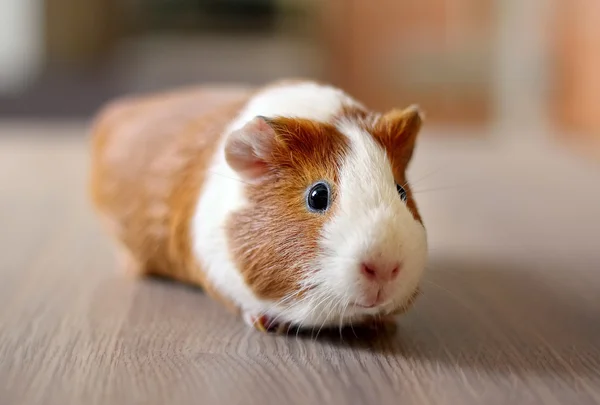
3. Guinea Pigs: Gentle and Social
They are sweet and gentle and tolerate gentle handling, making them great for children as pets. They are quite social and can be kept in pairs but should never be kept with rabbits since they may get bullied. These rodents require fresh veggies and hay and clean cages and live 5–7 years. According to Dr. Elizabeth Mackey, though hardy and easier to care for than the other small mammals, guinea pigs nonetheless require attention on a daily basis: They can be very suitable for families looking for a manageable pet that is interactive, too, but without the high energy demands associated with either dogs or cats.
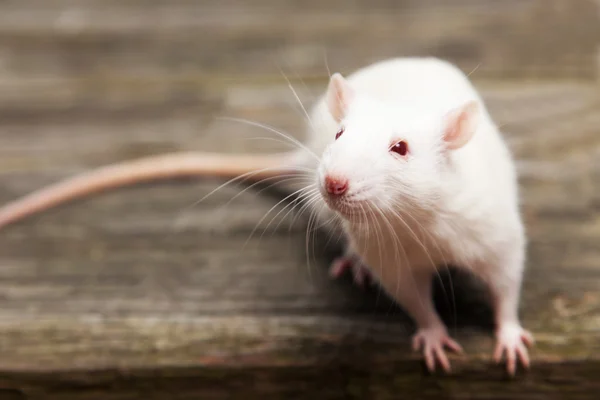
4. Rats are intelligent and affectionate
Rats make great, yet often misunderstood pets. Quite intelligent, they can even attach to an owner quite strongly. Enrichment opportunities that rats love include mazes and foraging toys; they can even learn tricks. Rats are “phenomenal animals,” says Dr. Hess, friendly and loving, though their short life span of 2-3 years can be emotionally taxing. They do well in pairs or small groups but do require roomy cages with regular cleaning. Rats suit owners who want a hands-on, interactive pet and are prepared for the emotional reality of a shorter time together.
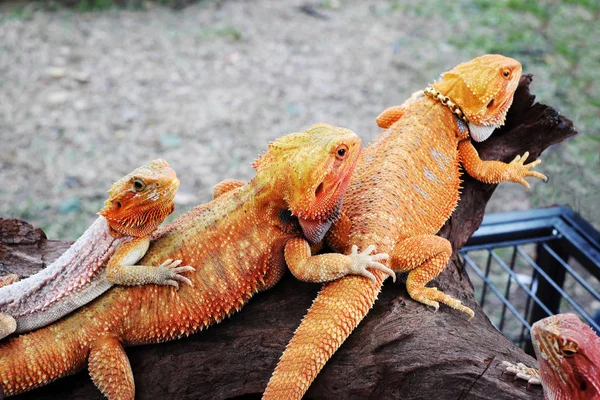
5. Bearded Dragons: Hardy and Entertaining
Bearded dragons are among the friendliest reptiles for a first-time owner since they tend to be more docile and able to tolerate handling. They do, however, require special UV lighting, a controlled temperature, and a diet consisting of insects and vegetables. Dr. Mackey has called them “the world’s greatest lizards” because of hardiness combined with entertaining personalities, but for the lizards, their housing is more complicated than that of mammals and can also be quite pricey because of the equipment and diet. Bearded dragons are best for older children and adults who are ready to invest in proper reptile care in order to enjoy a pet that is both interactive and unique.
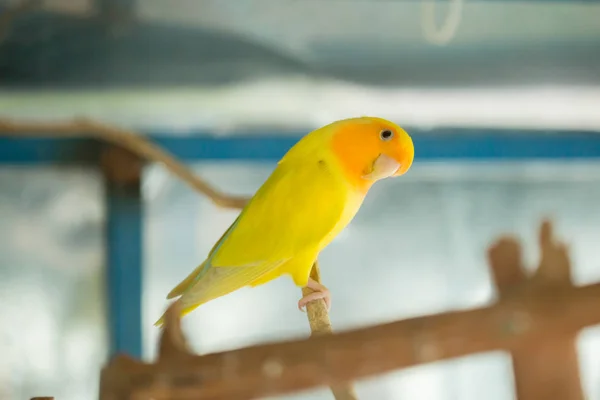
6. Budgerigars: Cheerful and Social Birds
Budgies are small parrots famous for their bright plumage and playful personalities. They need roomy cages, toys, and interaction daily to maintain their health and happiness. These birds can be taught to repeat both sounds and even some words; therefore, they may prove quite entertaining companions. However, they could be noisy and messy, too, which might not fit into all homes. Budgies are suited to owners who enjoy being with them daily and who can provide mental stimulation and companionship.
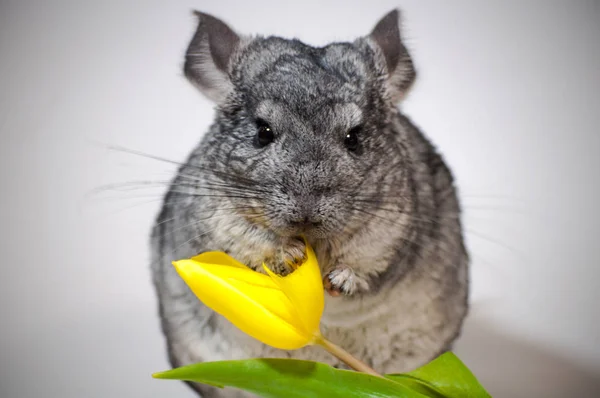
7. Chinchillas: Exotic and Playful
The soft fur and lively behavior of the chinchillas have captured hearts. They need dust baths, chew toys, and roomy cages with hiding places. Since they are nocturnal, they remain active during evening time. Living 10 to 15 years, chinchillas represent long-term commitments. They are suited best for older children and adults who can manage their agility and offer steady care. Chinchillas are very suitable for those looking for an exotic pet that has a playful personality; however, because of their fine fur, they are not recommended for people with allergies.
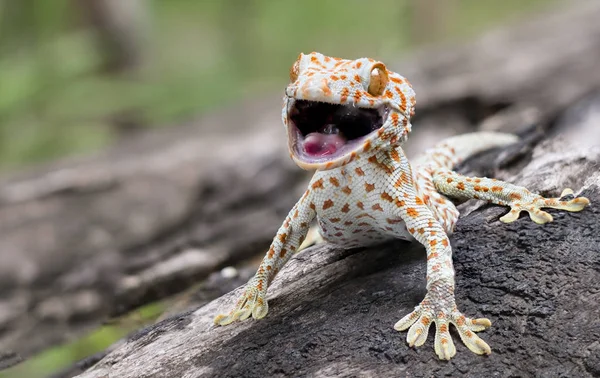
8. Leopard Geckos – Low-Maintenance Reptiles
Leopard geckos are gentle, easy to care for, and generally do well in simple terrarium setups as long as heating and lighting are appropriate. Their insect-based diet is relatively simple, and they lack complex social needs. These animals represent the ideal pet for any amateur in the area of exotic pets thanks to their beauty, calm nature, and low maintenance requirements. With the right care, they can live up to 20 years, which is reasonably long but still manageable. Leopard geckos are best for owners who would prefer a pet to be more observational than being constantly handled, yet still possess a unique presence within the home.
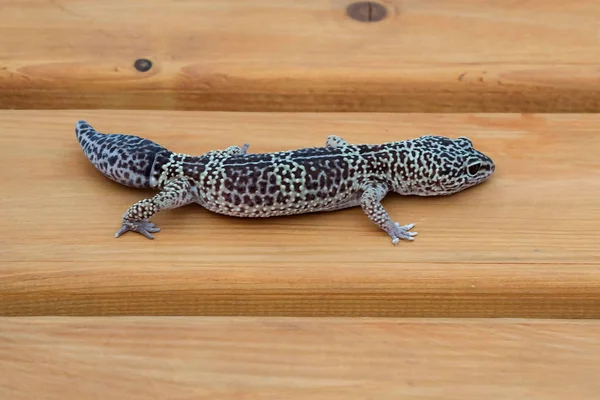
Selecting the right pet is much more than a feeling of attraction; it has to do with finding alignment between the animal’s needs and the owner’s lifestyle. Various species-from energetic dogs to quiet leopard geckos-offer different varieties of companionship. Understanding those differences and committing to responsible care will permit an owner to develop a relationship that will enhance life for both well into the future.


